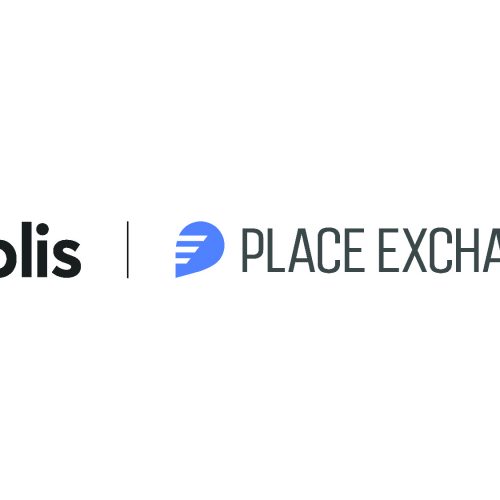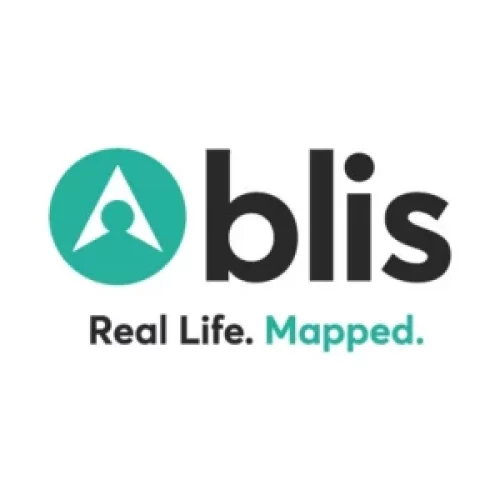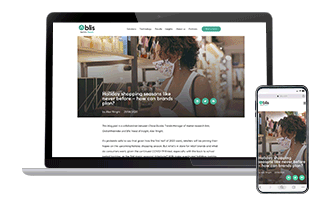It’s highly likely that you’ve heard of bitcoin. Bitcoin is a cryptocurrency, but more interestingly it runs on blockchain, a far more profound innovation. One that has taken the world by a storm. But apart from bitcoin, how else is blockchain being used, and what are the wider implications of it for marketers in Europe specifically?
What on Earth is blockchain?
Blockchain is an unalterable digital ledger of economic transactions that can be programmed to ‘record virtually everything of value’ according to Don and Alex Tapscott. Whilst the ledger is shared peer-to-peer, the content is unalterable. Public blockchain allows anyone to access the ledger, whereas private restricts access by granting read permissions – the latter may be more suitable for commercially sensitive data (think auditing and finance).
Smart contracts are one promising implication of blockchain. These essentially replace complex, mind-bending tracts of legalese with clear-cut, functional blockchain. Smart contracts use algorithms as a set of rules to guide pre-configured responses to any given input – all this without the interference of a third party or, for example, a lawyer’s interpretation. The rules of play are defined by whoever is writing the contract, and therefore setting the algorithms.
Blockchain technology works best when it is applied to a market where there are agents in a position of trust acting between the buy and sell side. In these circumstances, transparency between suppliers and buyers can be compromised. The transformation of finance and banking by blockchain is well underway. Right now we trust centralised systems such as banks and Visa. But blockchain can potentially disrupt this by removing the centralised function, as the technology itself is the root of trust.
Off the chain
In advertising, blockchain provides an opportunity for brand marketers to stay ahead of the competition by racing forward in battling transparency and data privacy issues. It has the potential to improve ad delivery verification and store data safely and transparently. Blockchain could entirely remove the need for third party counting, and instead first party attribution and validation.
This technology is making inroads in advertising, with blockchain solutions appearing on the scene. Take, for example, real-time automation. With blockchain tools, marketers can book, buy, and place digital ads in a secure marketplace, with all of the transactions recorded and stored.
In other industries, startups are already trying to leverage this type of decentralised system where everything is done across blockchain using some sort of currency. Cryptocurrency businesses have been able to raise massive sums of money – bitcoin alone has over $300 billion invested in it. Blockchain entrepreneurs are doing ICOs and challenging the centralised systems – like DHL and Maersk in the shipping industry – and are raising tens of millions of dollars, and exchanging it for real money. We are very much entering unchartered waters.
This disruption is due to continue – London and New York based companies have truly embraced the solution, with roughly 60-90 blockchain startups active in each city. In Germany, the adoption of this technology has been slower in comparison, with roughly 30 blockchain startups creating their own product, but this is only going to grow.
But integrating blockchain technology into existing advertising ecosystems will take time. Larger players will take longer to adapt, and organisations from across the industry will need to come together and agree on a common set of standards.
GDPR and the new kids on the block-chain
Blockchain could potentially help us meet the challenge of adapting to changing data protection legislation. As you (should) all know, on May 25 the EU General Data Protection Regulation (GDPR) will come into force. It’s worth noting that GDPR compliancy is likely to spread far beyond Europe, so compliancy is a major concern for international business.
Companies could potentially harness blockchain technology to store consumer data safely, and prove their data compliance. GDPR emphasises putting consumers in control of their data, so the transparency that public blockchain offers would contribute towards this goal. The sticking point would be that personal data cannot leave the EU, so there would have to be some degree of restricted access for those outside of the EU.
Conclusion
Marketers need to have blockchain on their radar. Not only could it provide opportunities for improved transparency and ad delivery verification for brands, but it could also help the wider industry in terms of safety and transparency challenges. Will a blockchain transaction ledger in the ad industry become a reality within 5 years? 10 years? We’re still in incredibly early days, with very few proof points, so no-one can say. But there’s plenty of noise around it, and it’s worth keeping an eye out for its appearance, in a programmatic transaction near you.
Click here to read the original article.


